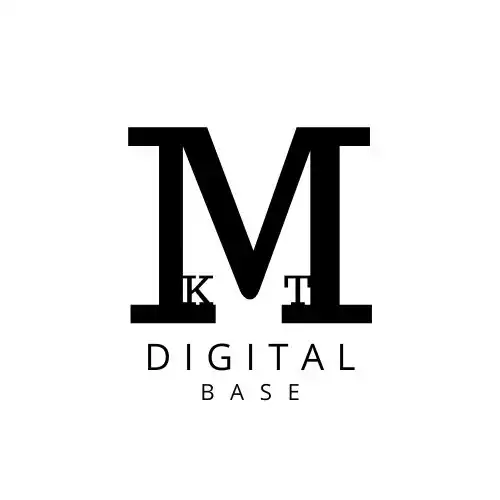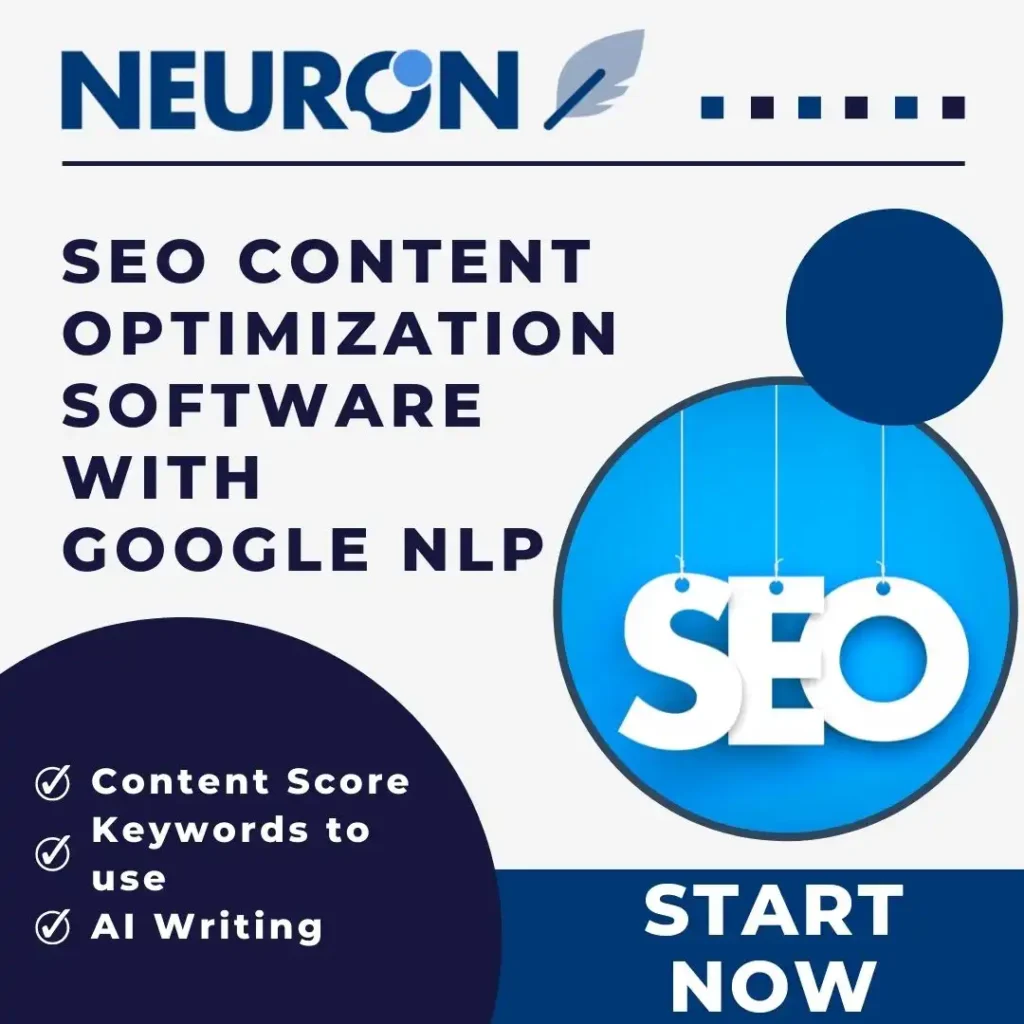Launching a mobile app is just the beginning. To achieve success, app marketing strategies are essential to boost your app downloads, increase user engagement, and ultimately drive revenue. Whether you’re an app developer or an app marketer, developing a strong app marketing strategy is key to standing out in the crowded app store and Google Play markets.
This guide provides a comprehensive look at mobile app marketing strategies, tools, and tactics to help you promote your app and achieve sustainable growth.
Why App Marketing is Crucial for Success
There are millions of mobile apps available across Google Play and Apple’s App Store, and standing out in these highly competitive spaces can be challenging. A solid marketing campaign can make all the difference in increasing your app’s visibility and attracting the right target audience.
Key Benefits of a Strong App Marketing Strategy:
- Increased App Downloads: Effective app marketing ensures that your app gets noticed and downloaded.
- User Acquisition: A successful user acquisition strategy helps you attract and retain active users.
- Brand Recognition: Marketing your app boosts brand awareness and positions your app in front of a wider audience.
- Higher Retention: Engaging app users through tailored content and offers leads to better retention rates.
The Essential Stages of Mobile App Marketing
App marketing is a multi-stage process that spans from pre-launch to post-launch activities. Understanding the stages of mobile app promotion is vital to implementing an effective app marketing strategy.
1. Pre-launch Marketing Strategy
Before you even launch your app, getting the word out is crucial. A solid pre-launch plan helps build anticipation and lays the foundation for a successful app launch.
Pre-launch Tactics:
- Landing Page: Create a compelling landing page to capture early sign-ups and generate interest.
- Content Marketing: Use blog posts, videos, and social media content to highlight the unique features of your app.
- Influencer Marketing: Collaborate with influencers to get early reviews and expand your reach.
- Beta Testing: Invite a select group of users to test your app and provide feedback.
2. Launch Marketing Campaign
The launch phase is critical for your app’s success. A well-executed launch campaign can significantly boost the initial download volume and create a buzz around your app.
Launch Tactics:
- App Store Optimization (ASO): Optimize your app store listing with relevant keywords, an attractive app name, and high-quality screenshots. This increases the likelihood of appearing in app store search results.
- Press Release: Send out press releases to media outlets, blogs, and industry websites to get the word out.
- App Install Ads: Run paid app store ads to target potential users directly within Google Play and Apple’s App Store.
- App Store Reviews: Encourage users to leave reviews, as positive feedback can influence new users to download your app.
3. Post-launch Marketing Efforts
After the initial launch, it’s essential to continue your app marketing efforts to retain users, drive additional downloads, and make your app stand out long-term.
Post-launch Tactics:
- Email Marketing: Send email marketing campaigns to keep users engaged with updates, promotions, and reminders to use the app.
- Social Media Marketing: Use social media marketing to create a community and foster engagement around your app.
- Push Notifications: Send timely push notifications to keep users active and informed about new features or promotions.
- Retention Strategies: Implement retention strategies like loyalty programs, new content, or gamification to keep users coming back.
App Store Optimization (ASO): The Key to Visibility
App Store Optimization (ASO) is a fundamental part of any mobile app marketing strategy. The goal of ASO is to improve your app’s ranking within the app store search results and increase your app’s discoverability.
How to Optimize Your App Store Listing:
- Keywords: Choose relevant and high-traffic keywords to include in your app name and description. This improves the chances of showing up in app store search results.
- App Icon: Design an eye-catching and recognizable app icon.
- Screenshots and Videos: Use videos of your app in the app store listing to show potential users how it works and why they should download it.
- App Description: Write a compelling description that clearly explains the app’s features and benefits.
- Ratings and Reviews: Encourage positive ratings and reviews to improve your app’s credibility and encourage more downloads.
Mobile App Marketing Strategies to Drive Downloads
There are various mobile app marketing strategies to help you reach a broader audience and drive more app installs.
1. Content Marketing Strategy
Content marketing is a long-term approach to building an audience and establishing authority in your niche. Regularly publishing relevant content can help attract and engage users, leading them to download the app.
Content Ideas for Your App Marketing:
- Blog Posts: Write educational and informative posts related to your app’s features.
- Videos: Create video tutorials or promotional videos of your app to showcase its value.
- Social Media Posts: Share success stories, tips, and news related to your app.
- Case Studies: Highlight how users have benefited from using your app.
2. Social Media Marketing
Social media platforms are an excellent way to promote your app, engage with users, and drive traffic to your app store listing.
Social Media Tactics:
- Influencer Marketing: Partner with social media influencers in your niche to help promote your app.
- Paid Ads: Use paid social media ads on platforms like Facebook, Instagram, and Twitter to target specific user groups.
- Hashtags: Use relevant hashtags to increase visibility and discoverability on platforms like Instagram and Twitter.
- User-generated Content: Encourage users to share their experiences with your app on social media, which can help promote your app to their followers.
3. Email Marketing for Apps
Email marketing remains one of the most effective ways to nurture leads and keep your current app users engaged.
Tips for Effective App Email Marketing Campaigns:
- Onboarding Emails: Send a series of welcome emails to guide users through the app’s features.
- Engagement Emails: Remind users of your app’s value and encourage them to use the app regularly.
- Re-engagement Emails: Reach out to dormant users with targeted email marketing to encourage them to download the app again.
Mobile App Marketing Tools and Platforms
To run a successful app marketing campaign, you need the right tools and platforms to manage your efforts efficiently.
Popular Tools for App Marketing:
- Google Ads: Run paid app store ads across Google Play and other mobile apps.
- App Store Optimization Tools: Use tools like Sensor Tower, App Annie, and MobileAction to track app performance and optimize listings.
- Email Marketing Software: Platforms like Mailchimp or SendGrid can help manage email campaigns.
- Social Media Management Tools: Tools like Hootsuite or Buffer allow you to schedule and track social media posts.
Conclusion: Start Promoting Your App Today
An effective app marketing strategy is crucial to ensuring the success of your mobile app. Whether you are focusing on user acquisition, leveraging influencer marketing, or optimizing your app store listing, each element of your marketing campaign plays a vital role in driving app installs and keeping your users engaged.
By following the app marketing strategies outlined in this guide, you can increase your app downloads, boost user retention, and achieve long-term success for your mobile app. Start planning your app marketing today and take the first step toward reaching your app’s full potential!











